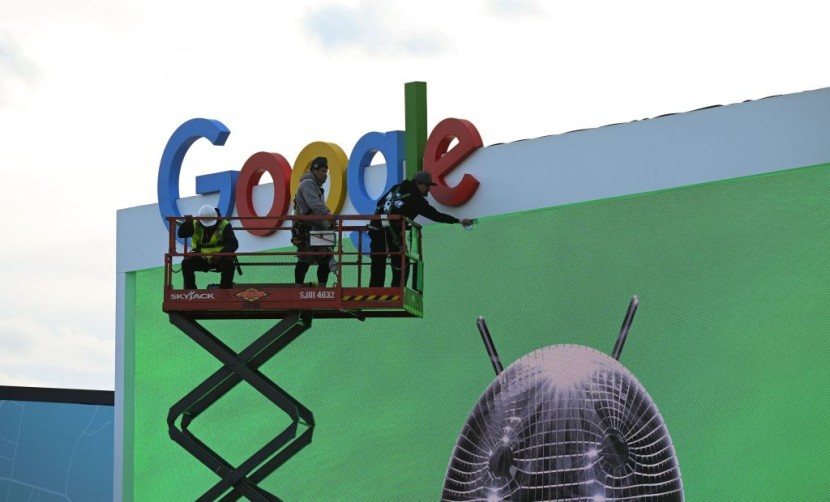
Google was able to convince a federal court judge in California that it did not violate Sonos' multi-room audio patents.
US District Judge William Alsup has overturned a previous ruling that punished the tech behemoth with a $32.5 million fine for infringing on Sonos's speaker management copyrights, as per to Yahoo Finance.
Google's Legal Battles: Impact on Tech Giant and Advertisers
Google is at the moment involved in multiple legal conflicts and antitrust concerns that have far-reaching implications not only for the company but also for advertisers and the digital advertising landscape in general.
The Department of Justice (DOJ) has filed a high-profile antitrust litigation against Sonos. Sonos is a prominent participant in the audio technology market.
The legal battle between Sonos and Google revolves around Sonos' claims that Google violated its speaker patents. Sonos claimed its patents were founded on a 2006 provisional application, presumably predating Google's products.
The timeline, however, disclosed a different narrative. Sonos did not submit patent applications until 2019 or integrate the technology into its products until 2020. The presiding judge, William Alsup, found that the initial patent application did not disclose the invention, casting doubt on Sonos's claims.
Sonos had filed a federal lawsuit against Google in early 2020, accusing it of infringing on five of its speaker patents. Although a federal jury in California decided in favor of Sonos on one of the patent infringement claims earlier this year, Judge Alsup's recent decision calls into question the validity of Sonos' claims.
Sonos responded that it intends to appeal the ruling, indicating that the legal conflict is far from over. Google confronts a formidable legal challenge from the U.S. Department of Justice in addition to the Sonos lawsuit. The Department of Justice has filed an antitrust lawsuit against Google, alleging the company engaged in anticompetitive behavior. Among the official complaints against Google's conduct are.
Google's pattern of acquiring competitors to acquire control over essential digital advertising tools used by website publishers. Its strategies are to bind website publishers to its newly acquired tools and to require the use of its publisher ad server for access to its ad exchange.
Google's restrictions on real-time bidding and its interference with rival ad exchanges' ability to contend distort auction competition. The manipulation of auction mechanics by Google to avoid competition and suppress competing technologies, according to Reuters.
Google's Third Antitrust Suit on Advertising, Business
This is the third antitrust lawsuit filed against Google since 2020, highlighting the increasing scrutiny the tech behemoth confronts. The outcomes of these legal conflicts are uncertain, but they can potentially alter the landscape of digital advertising and Google's core business.
The repercussions for Google include fines, regulations, and the dissolution of its ad stack business. Even advertisers may experience the effects.
Channel access and management, Advertisers may be required to access ad inventory via multiple providers, with discrete platforms for distinct channels such as YouTube, Google Display, and Google Ads for search marketing.
Blended campaign decoupling, Automated blended campaigns, such as Performance Max and Video Reach, could be disrupted, affecting the ability of advertisers to administer multichannel campaigns effectively. Disruption of data-driven attribution, Measurement and attribution could be impacted if channels are segmented, resulting in signal loss.
The DOJ's antitrust litigation is a defining moment in the history of digital advertising. Although it is difficult to forecast exact outcomes, advertisers must be adaptable. Records demonstrate that the DOJ confronts an uphill battle to achieve a decisive victory against Google.
If the DOJ is successful, however, the digital advertising landscape will endure a significant transformation, affecting advertisers and consumers worldwide. As Google's legal battles persist, the tech titan and the industry are on the cusp of significant change.
Advertisers, marketers, and businesses must closely monitor these changes and adapt their strategies accordingly to navigate the rapidly changing digital advertising landscape, Search Engine Land Reported.








